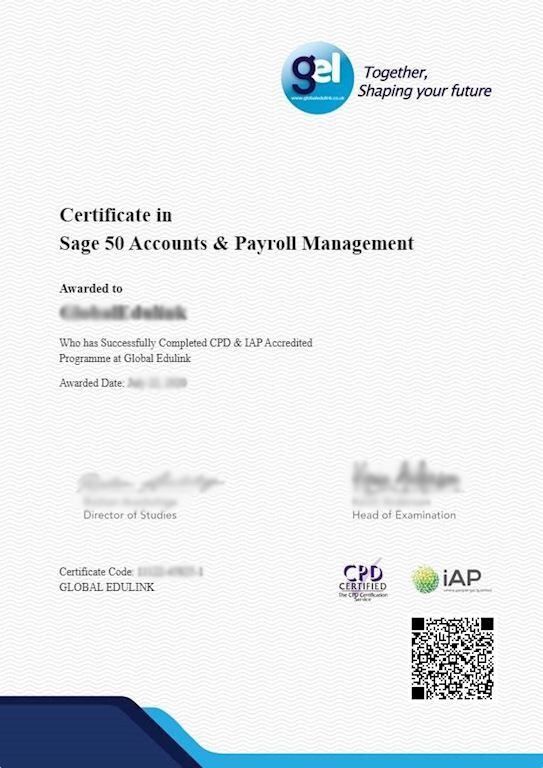- Duration / Course length: Upto 5 Hours Start now
- Accredited by: CPDiAP
- Certificates:
- Course delivery: This course is delivered in video format
Course details
If you’re hoping to become a Counsellor then this Counselling Strategies course is a must. There are many techniques used by Counsellors and this course is a complete guide and will teach you to help people. Counselling is a rewarding career, you could work on a freelance basis, or as part of an organisation, so there are many different options open to you with this course. Whether you are totally new to the subject, or simply need to refresh your knowledge, this course will be your definitive guide.This online training course is comprehensive and designed to cover the topics listed under the curriculum.
COURSE CURRICULUM
- Roles of group dynamics
- Explaining ethical issues in group counseling
- Psychoanalytic therapy theories
- Overview of gestalt- & person-centered group therapy
- The realty group therapy, behavioral and cognitive
- Understanding of gender, age, and multicultural issues in group therapy
- High quality e-learning study materials and mock exams.
- Tutorials/materials from the industry leading experts.
- 24/7 Access to the Learning Portal.
- Benefit of applying NUS extra Discount Card.
- Recognised Accredited Qualification.
- Excellent customer service and administrative support.
At the end of the course learners will also take an online multiple choice questions assessment test. This online multiple choice questions test is marked automatically so you will receive an instant grade and know whether you have passed the course.
Certification:
Upon successful completion of this course you will be awarded a certificate in Counselling Strategies.
Ultima actualização em 10 December, 2024
Eligibility / Requirements
Learners must be age 16 or over and should have basic understanding of the English Language, numeracy, literacy and ICT.
.jpg)
.jpg)


.jpg)
